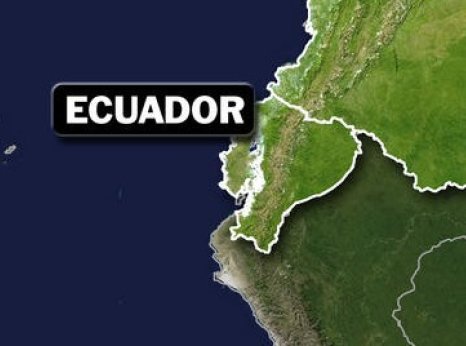Ecuador: Detainees At Imminent Risk

For years now, Ecuador has been living through a sustained crisis in its penitentiary system, marked by repeated massacres. According to the Permanent Committee for the Defence of Human Rights (CDH), an estimated 600 people have died in prisons in Ecuador from 2019 to the present. In addition, according to information received by Amnesty International, health services inside Ecuador’s prisons have been in practise non-functional since at least 2022.
The already critical situation inside prisons has been aggravated by recent measures adopted by President Daniel Noboa. On 8-9 January, the President declared a state of exception and an internal armed conflict, through which the Armed Forces assumed control of prisons across Ecuador. Both decrees have been extended. Since then, health services have been suspended inside prisons. Moreover, local human rights groups have received allegations of ill-treatment by soldiers against detainees during this period.
On 24 April, prison authorities informed the families of detainees across Ecuador that the provision of food and medication would be suspended. According to national press coverage, this measure was taken because of a delayed payment to the private company that provides food to prisons across the country. The families of detainees were also given a list of medication they needed to buy for their relatives, as supplies were no longer available inside prisons.
That same day, the families of detainees held a peaceful protest outside the headquarters of National Service for Integral Attention of People Deprived of Liberty, to demand that information about the well-being of their relatives is provided and that the provision of food and medication is restored.
The United Nations Standard Minimum Rules for the Treatment of Prisoners (the Nelson Mandela Rules) stipulate that prison administrations should provide every prisoner with food of nutritional value, access to drinking water, and that the provision of health care is a State responsibility. International human rights law and standards also establish an absolute prohibition of torture and other ill-treatment against any person, including persons deprived of their liberty.